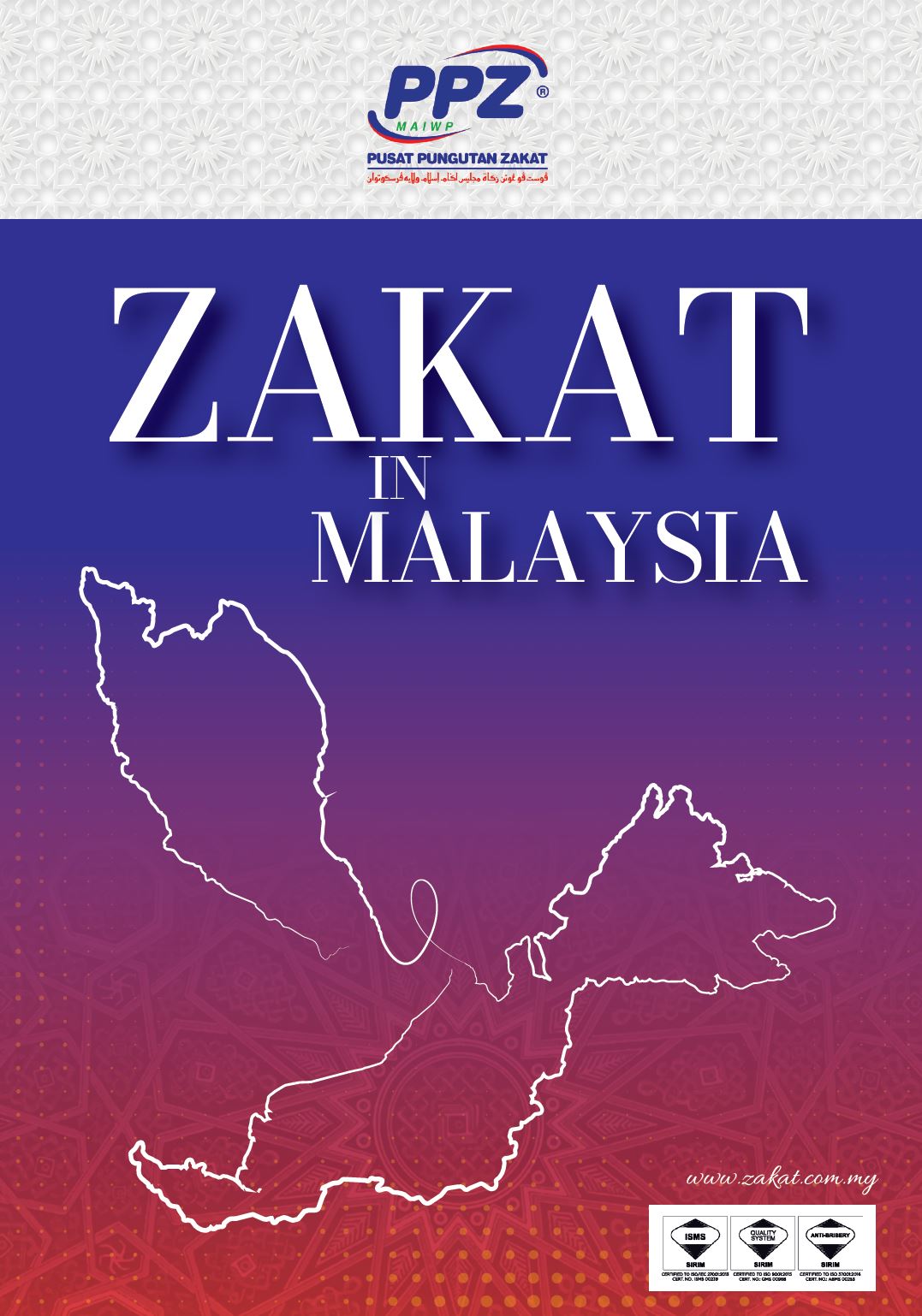
Book: Zakat in Malaysia
- Post by: AZKA
- April 15, 2025
- Comments off
“Zakat in Malaysia” is a comprehensive publication by Pusat Pungutan Zakat (PPZ-MAIWP) that outlines the structure, history, and implementation of zakat administration in Malaysia. The document highlights the country’s unique dual-level system where zakat matters fall under the jurisdiction of each State Islamic Religious Council (IRC), while the Federal Territories are managed by MAIWP.
The publication traces the historical development of zakat administration, with a special focus on the formation of PPZ-MAIWP in 1991, which marked a transformation through the adoption of a corporate and digital approach to zakat collection. This corporatisation allowed for improved efficiency, transparency, and reach.
It describes the three main administrative models for zakat management in Malaysia: fully state-managed, fully corporatised, and hybrid models involving both state authorities and corporate entities. It also showcases the roles of JAKIM (Department of Islamic Development Malaysia) and JAWHAR in coordinating Islamic affairs at the federal level, particularly in harmonising zakat regulations and development.
The document further elaborates on zakat distribution mechanisms, detailing various assistance programmes for the eight asnaf groups (zakat-eligible beneficiaries) including welfare, education, medical, economic, housing, and spiritual development. It highlights the challenges of urban poverty, particularly in the Federal Territories, and the need for contextualised zakat distribution frameworks that consider the high cost of living in urban areas.
Finally, the publication promotes various digital payment channels and innovative services introduced by PPZ-MAIWP to make zakat payment more accessible and efficient. These include mobile counters, online portals, auto-debit services, and the MyZakat mobile app.
Conclusion:
This document positions Malaysia as a leading model in zakat administration, combining traditional Islamic principles with modern governance and technology. It serves as a valuable reference for policymakers, zakat practitioners, academics, and the broader public committed to empowering the Islamic social finance ecosystem.
